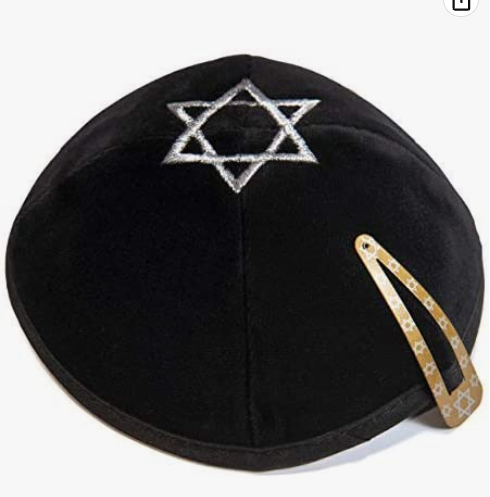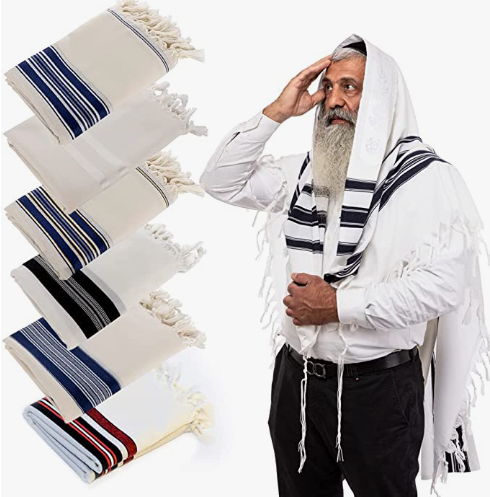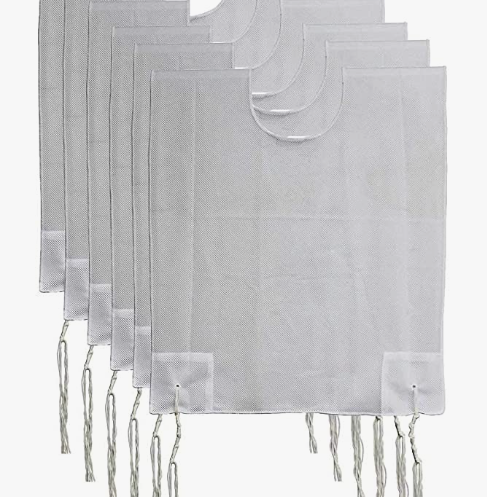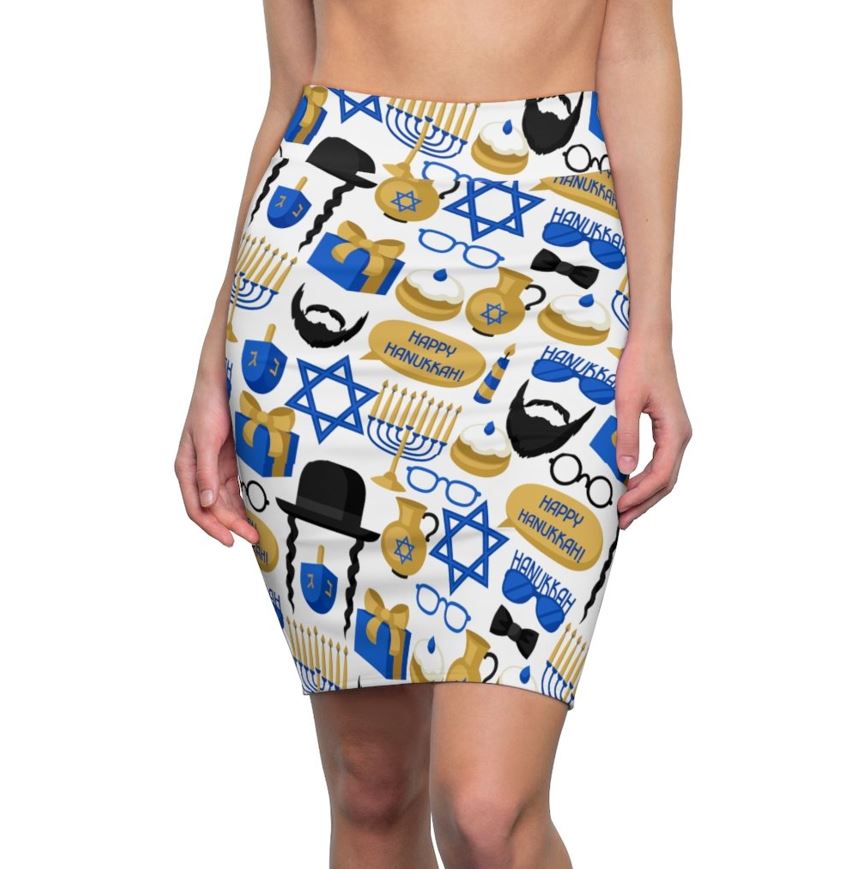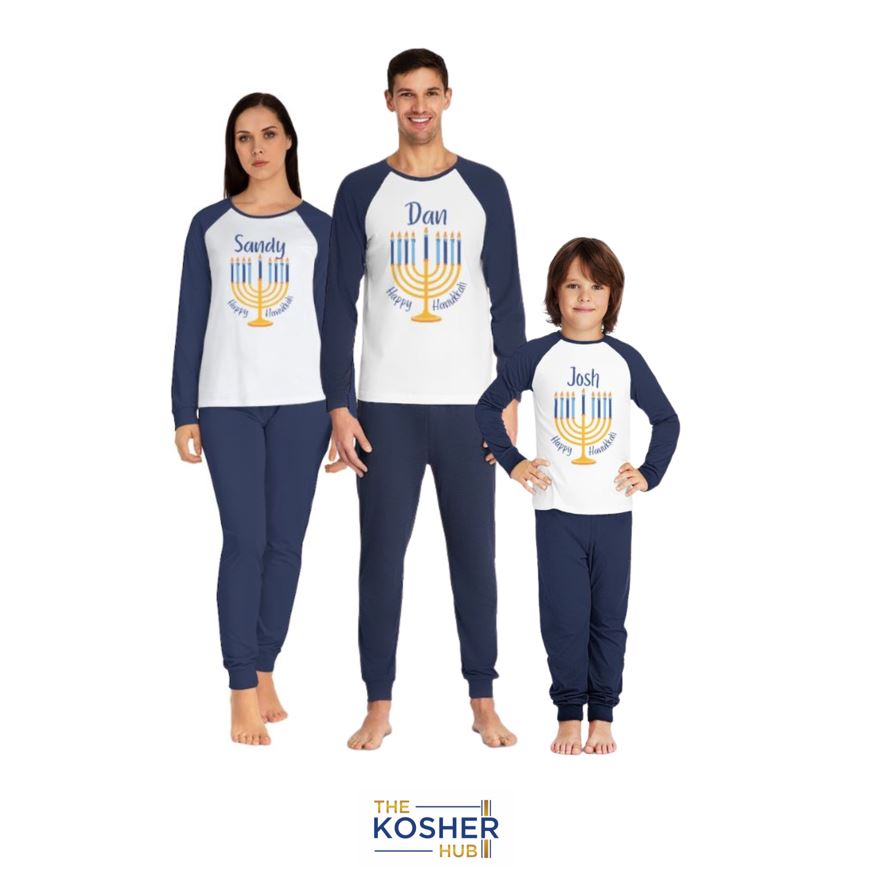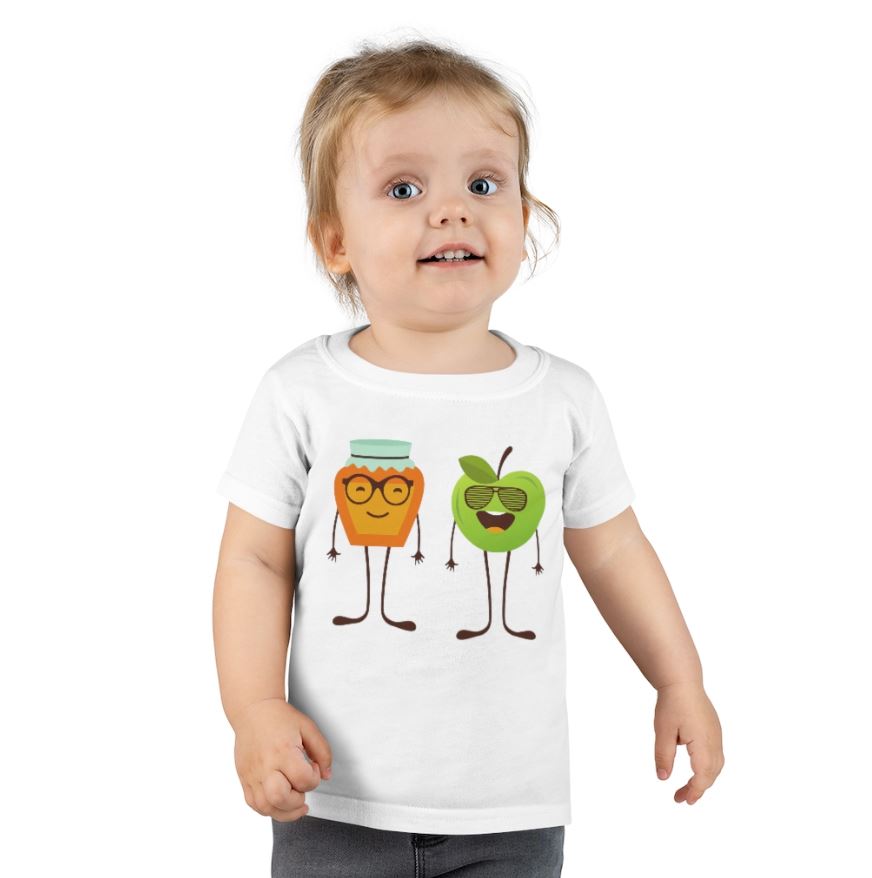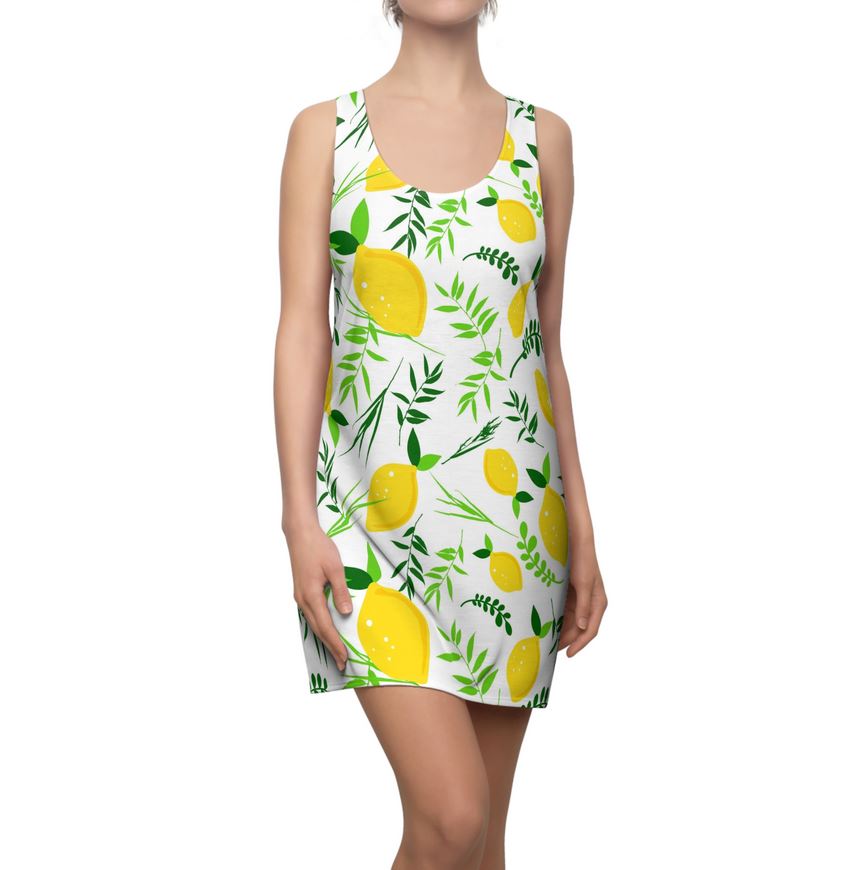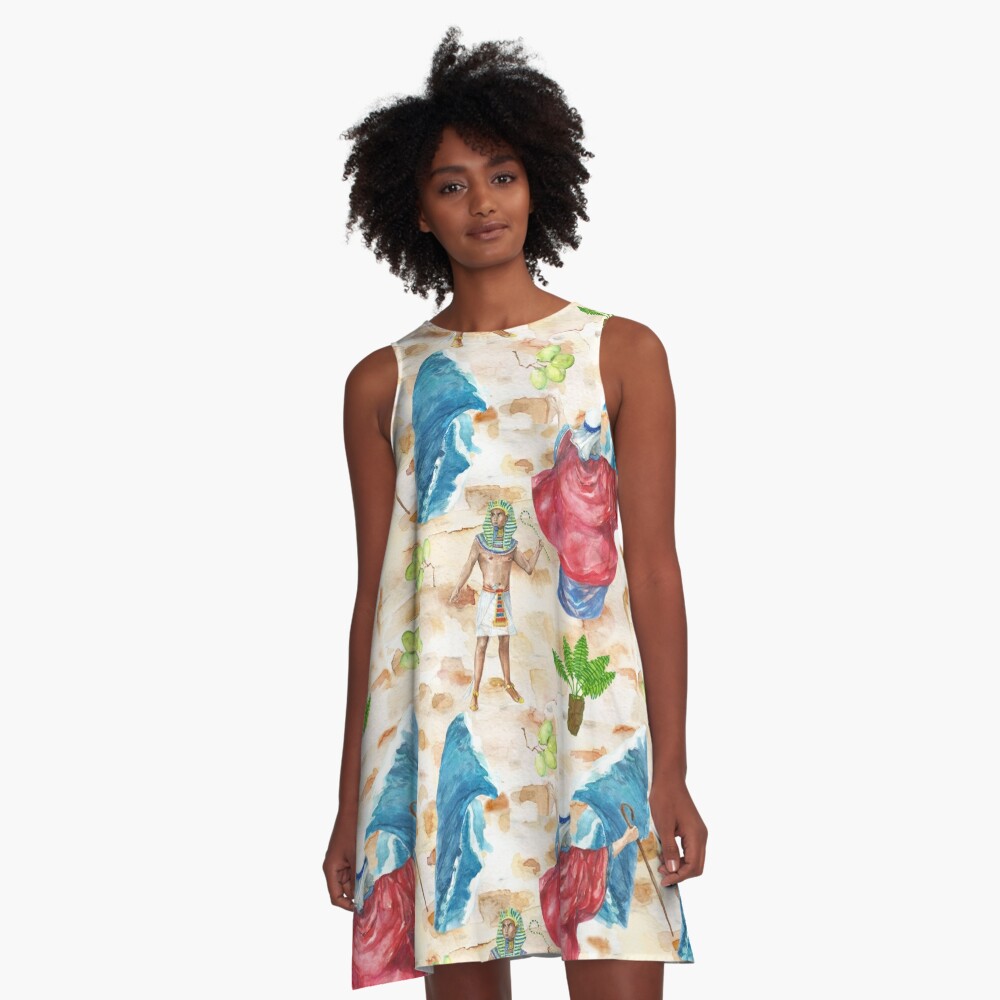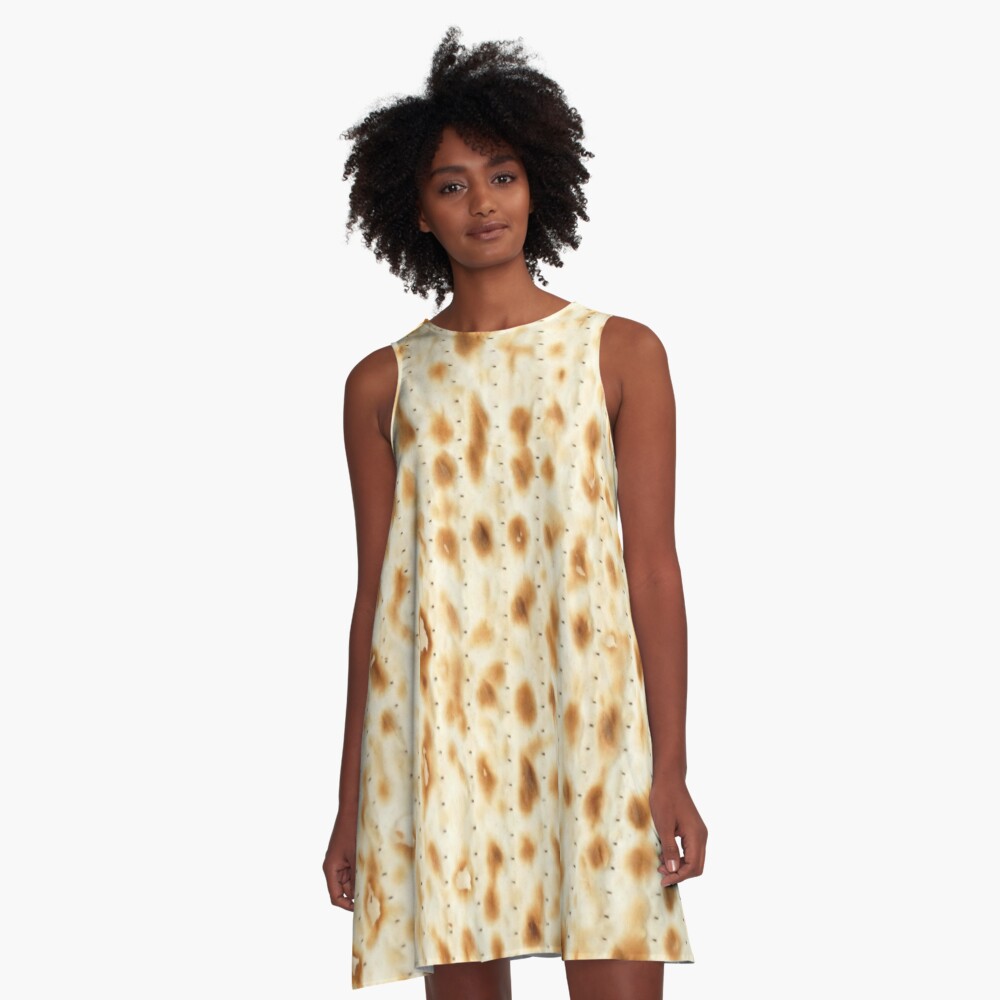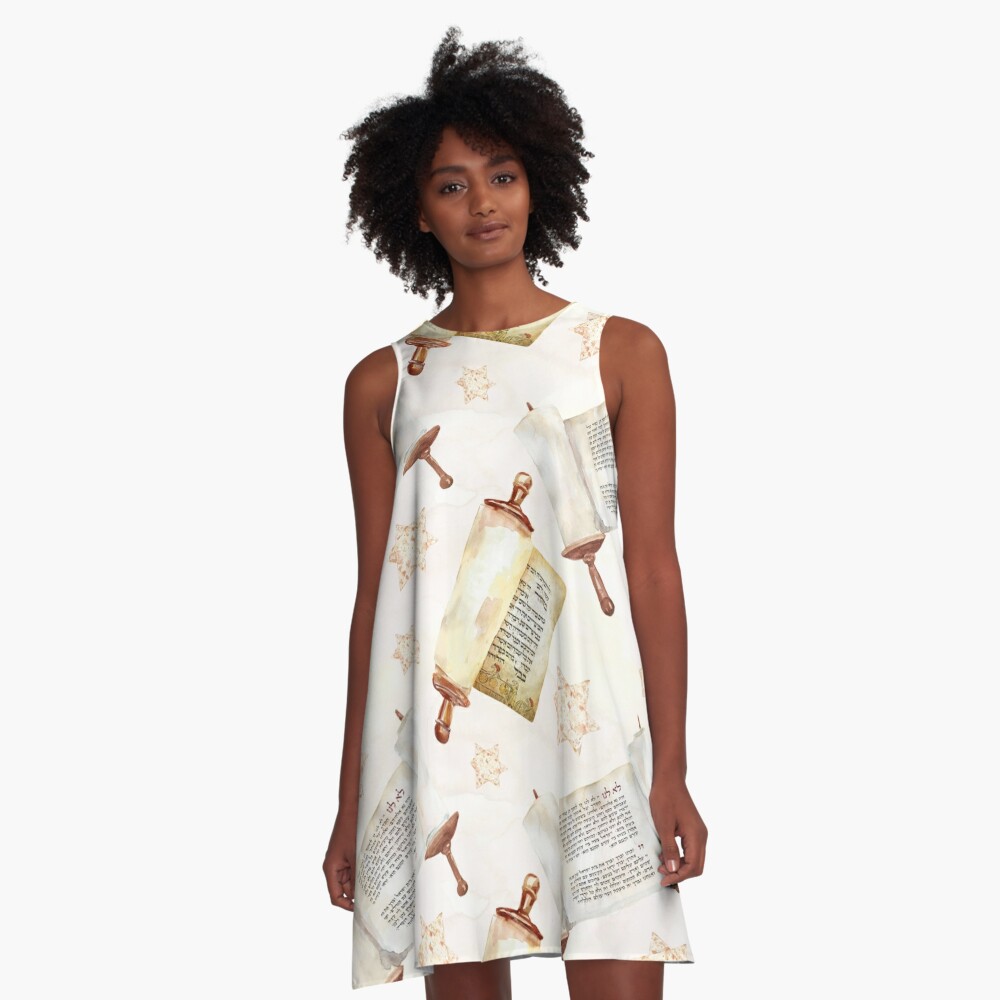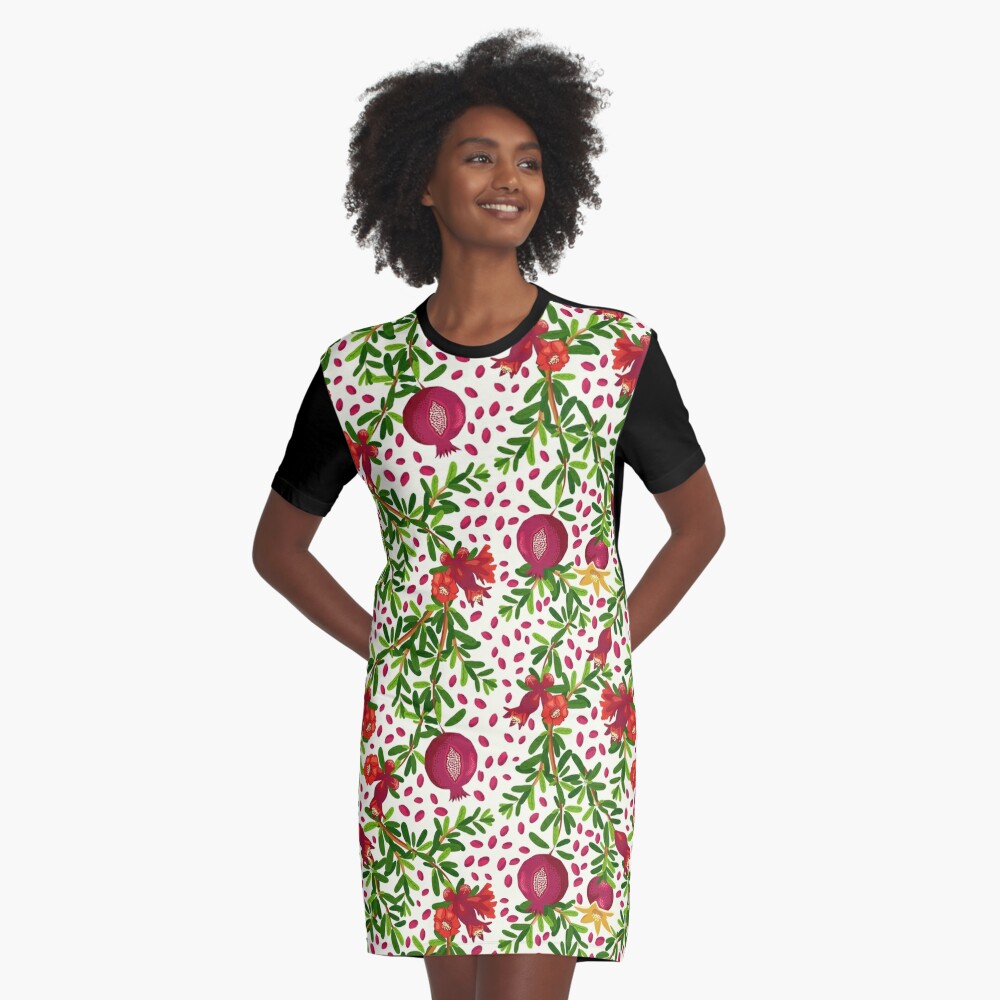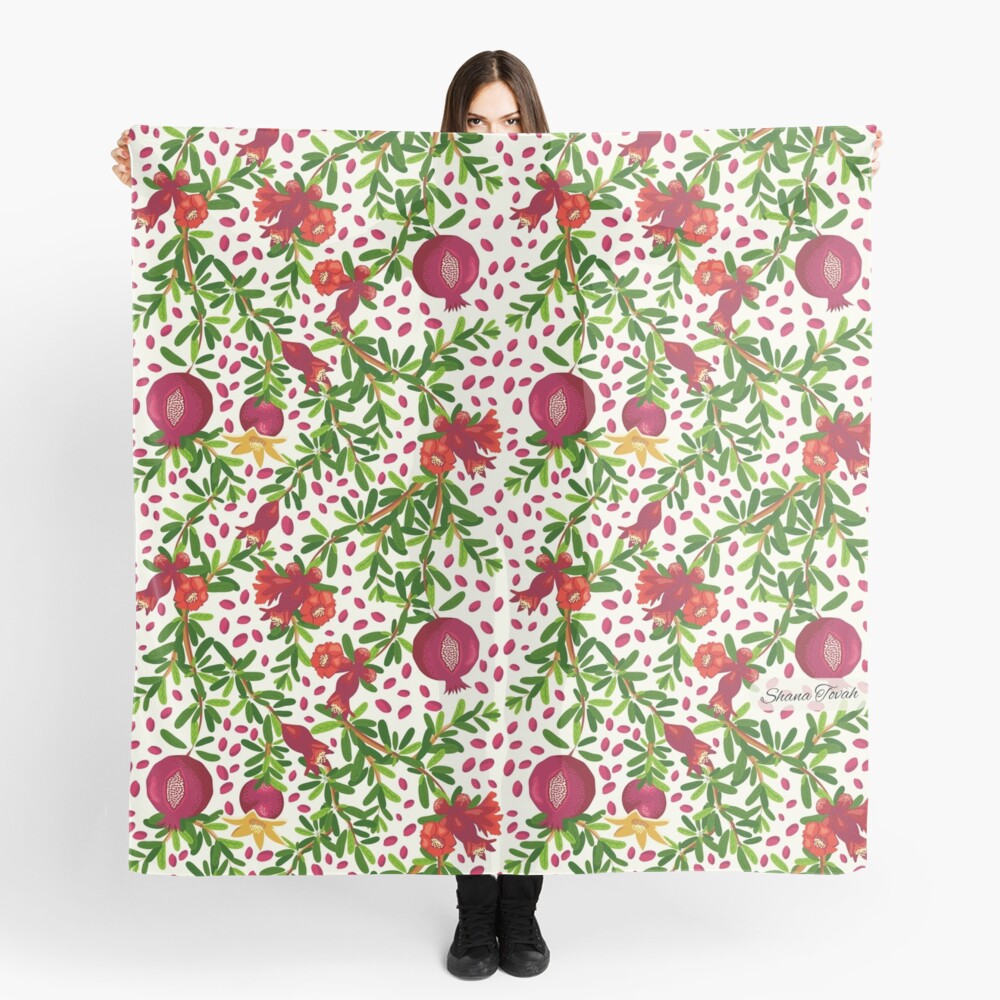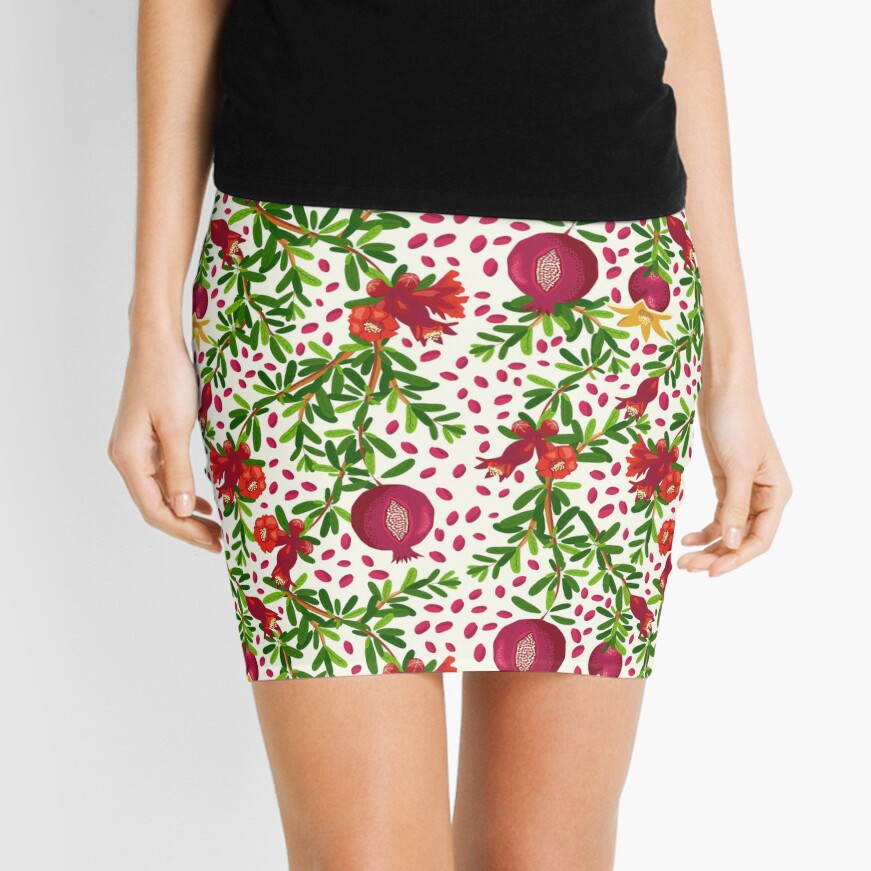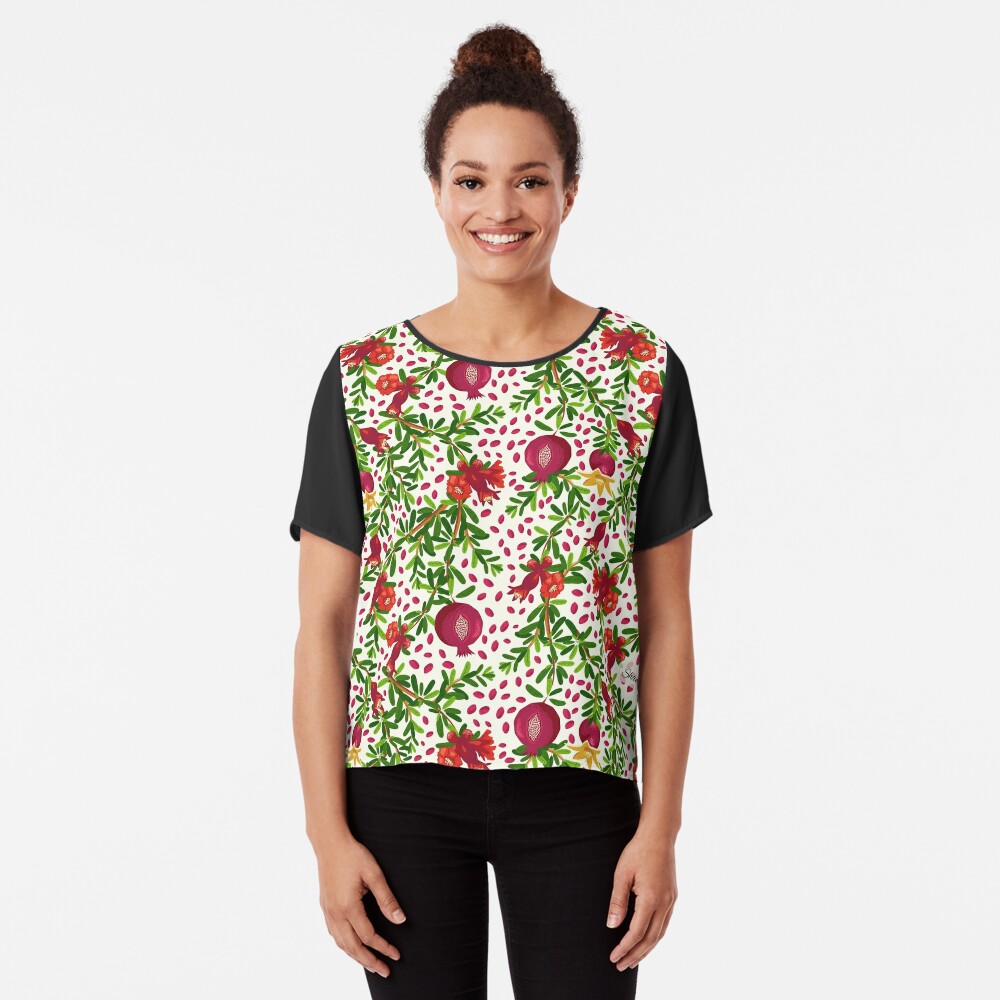Jewish Clothing Stores
- What is Jewish Clothing?
- Traditional Jewish Garments
- Modesty Practices
- Jews who wear modest clothing
- Jews who don’t wear modest clothing
- Diversity and personal choice.
Jewish clothing holds deep cultural and religious significance, serving as a visible expression of identity, tradition, and values within the Jewish community. Modesty is an essential aspect of Jewish clothing, with some Jews adhering strictly to modest dress practices, while others may adopt more contemporary or relaxed approaches. In this article, we will delve into the concept of Jewish clothing, explore the practice of modest dressing within the Jewish community, and understand the variations in modesty practices among different Jewish groups.
What is Jewish Clothing?
Jewish clothing is not merely a fashion choice but rather a reflection of Jewish identity and adherence to religious and cultural traditions. It serves as a visible marker of one’s affiliation with the Jewish community and a way to preserve Jewish heritage.
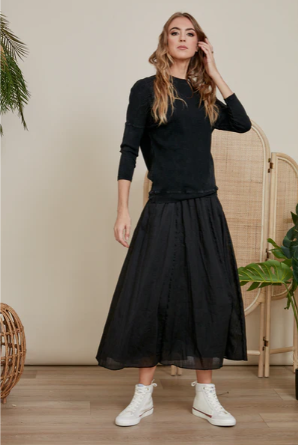
Traditional Jewish Garments:
Traditional Jewish garments encompass a wide range of clothing items that hold religious and symbolic significance. Examples include the tallit (prayer shawl), yarmulkes or kippot (skullcaps), and specific attire worn during Jewish lifecycle events such as weddings or religious ceremonies.
Modesty Practices within the Jewish Community:
A. The Importance of Modesty: Modesty is a core value within Judaism, emphasizing the need for humility, dignity, and privacy in one’s appearance and behavior. Modesty practices extend beyond clothing and encompass various aspects of life, including speech, conduct, and interactions with others.
Jews who Embrace Modest Clothing:
- Orthodox Jews: Orthodox Judaism places a strong emphasis on modesty, with adherents following strict guidelines for dress. This includes modest hemlines, covered shoulders, and high necklines for women, as well as long pants, covered arms, and traditional head coverings for men.
- Chassidic Jews: Chassidic Jews, a branch of Orthodox Judaism, have their own distinctive dress customs. Women typically wear long skirts or dresses, long sleeves, and often cover their hair with wigs, scarves, or hats. Men wear traditional suits, long coats, and wide-brimmed hats.
Jews who Adopt More Relaxed Approaches to Modesty:
- Conservative Jews: Conservative Judaism embraces a range of practices, and modesty guidelines may vary among individuals. While some Conservative Jews adhere to modest dress practices, others may adopt more relaxed approaches, considering factors such as cultural norms and personal comfort.
- Reform Jews: Reform Judaism places a greater emphasis on personal autonomy and individual interpretation of Jewish practices. Modesty practices within the Reform Jewish community can vary significantly, with individuals often adopting clothing styles that align with mainstream fashion trends.
Check out the range of contemporary Jewish dresses for Passover
Embracing Diversity and Personal Choice:
Balancing Tradition and Contemporary Fashion: While modesty is valued within the Jewish community, the interpretation and implementation of modest dress practices can vary. Some individuals choose to follow traditional guidelines closely, while others incorporate contemporary fashion elements while maintaining a sense of modesty.
B. Individual Choice and Cultural Factors: Factors such as personal beliefs, cultural background, and community influence play a role in determining one’s approach to modesty within the Jewish community. Jews may find meaning and fulfillment in embracing traditional modesty practices, while others may prioritize personal expression and cultural adaptation.
FREE Jewish 2023 Calendar
The Kosher Hub has a beautiful FREE downloadable 2023 Jewish Calendar so you can prepare for the holidays!
Get yours here
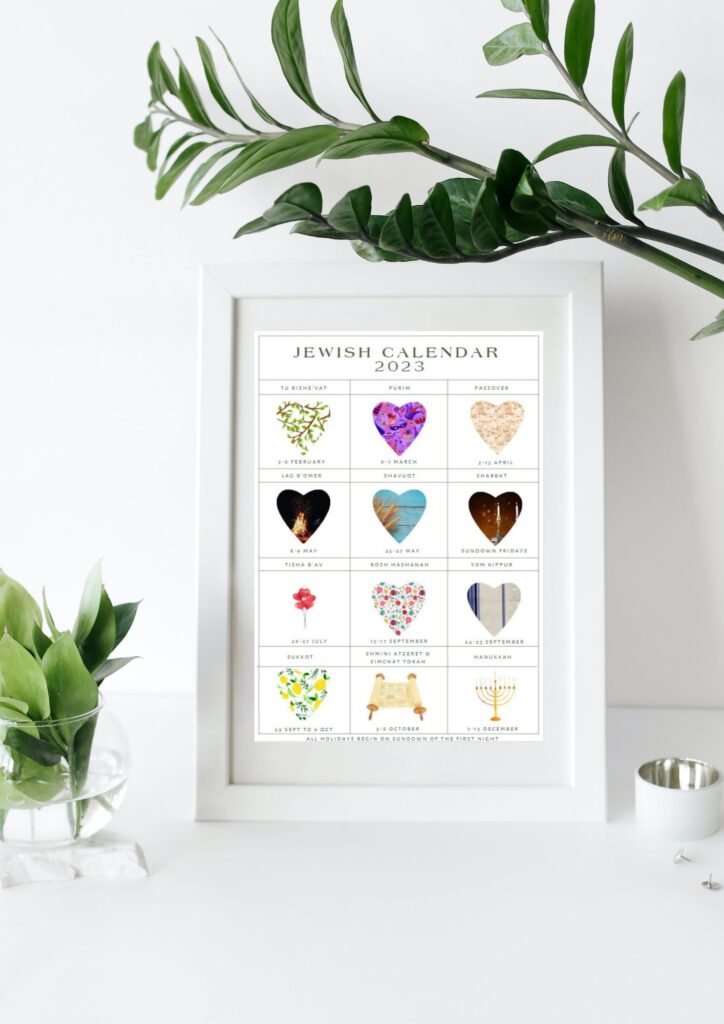
Conclusion:
Jewish clothing and the practice of modesty hold deep significance within the Orthodox Jewish community and while they mainly adhere strictly to modest dress practices, other more secular Jewish may adopt more relaxed or contemporary approaches. It is important to recognize and respect the diverse perspectives and choices made by individuals within the Jewish community regarding their choices. Ultimately, Jewish clothing is a powerful expression of identity, tradition, and personal choice, representing the rich tapestry of Jewish culture and the values that unite this diverse and vibrant community


